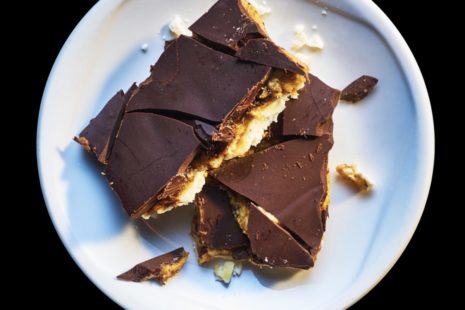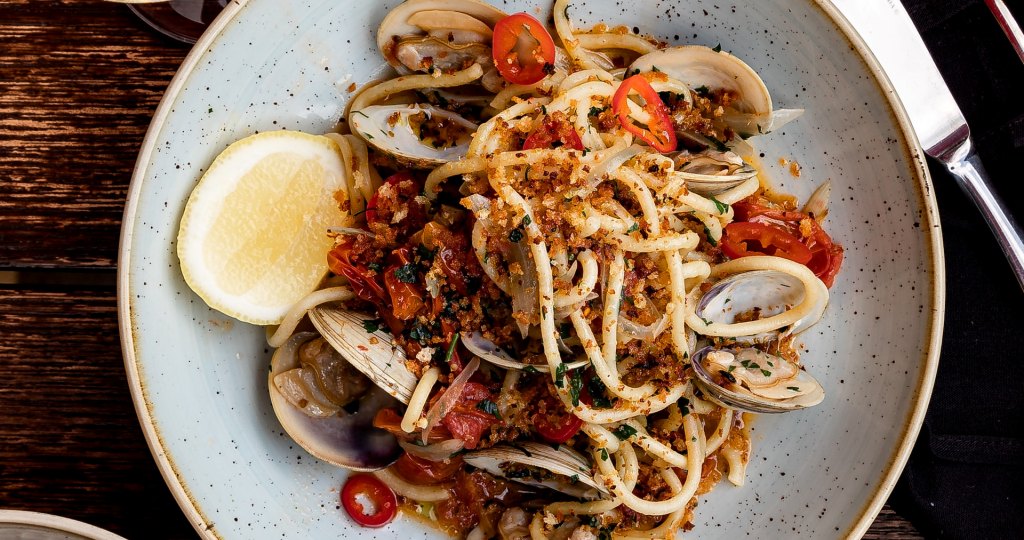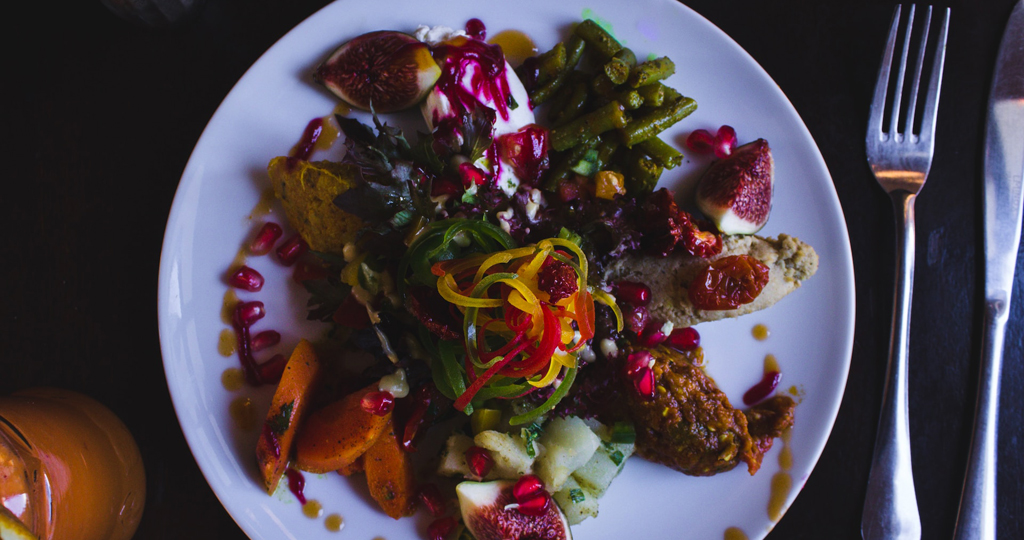Remember your university days… drunken nights fuelled by fast food? Well, it didn’t make us feel great, but we still managed to look good. Come 30, though, and even religiously sticking to our greens and weekly workouts doesn’t seem to do much to shift those last few pounds. We asked the experts why…
Melissa Weldon is head trainer at Sweat It. “When we are in or teens and 20s we are generally more active, with less family and/ or work commitments. As a result of this increased life pressure, if we are not making time for the gym, we see a drop in muscle mass which lowers our metabolism. Muscles have a huge impact on calorie burning; the higher your muscle mass, the more calories you will burn and that’s not just because you can lift heavier at the gym. It’s a chicken and egg situation…excuse the pun.”
Keith McNiven, founder of Right Path Fitness, agrees. “The metabolism is defined as the rate at which you actually burn calories. This significantly starts to slow down from 30 and onwards. Unfortunately the natural ageing starts to deplete your muscle mass while increasing fat deposits at the same time. Fat burns fewer calories than muscle, and as your body has less muscle mass than fat, your metabolism in turn also starts to slow down. By exercising and trying to maintain muscle, and even trying to gain more muscle mass once you hit 30, you can help to keep your metabolism firing.”
Frida Harju-Westman is in-house nutritionist at global health app Lifesum.“There is a genetic component to how quickly your metabolism works. Some people have a faster, stronger metabolism, which means that their body is able to burn more calories throughout the day. Children will have a faster metabolism because more energy is needed as we are still growing and developing, and this is the reason why they can often eat a big portion of afternoon snack and still go on to eat dinner. However, as we get older there is a decrease in muscle mass and an increase in the amount of fat stored, and our metabolic rate tends to slow down about 2 percent per decade.
“Other factors, apart from age, can slow down our metabolism. Not drinking enough water can slow down your metabolism, even if you are only slightly dehydrated. Water is necessary to process calories, so a good way to start the day is to try and drink a glass of water before you have your breakfast. Adding a slice of lemon to your glass will make you feel invigorated, as it contains antiseptic and cleansing powers. Regular exercise is also key when it comes to your metabolism and is a quick way to boost your resting metabolism.”
How to help…
Frida goes on, “there are things you can do to help boost your metabolism. For example, making sure that you get enough sleep, drinking plenty of water throughout the day, balanced diet, and regular exercise can all help to maintain a good metabolic rate. A couple of examples of foods you can eat to boost your metabolism are aubergines as they are rich in potassium, nuts as they are full of protein, fibre and fat as it will leave you feeling fuller for longer, making your metabolism work harder as they require more energy to digest. Similarly, it is important to know at what time to eat if you are trying to improve your metabolism. For example, skipping meals is not the answer to losing weight, it is far more effective to eat healthily and snack between meals.
“Regular exercise is also key in good metabolism function. Try to combine HIIT with weight training for the greatest results. The afterburn from HIIT classes helps to speed up the metabolism, while the muscle building exercises such as squats, bench presses and planks will help transform fat into muscle. The more muscles you have, the higher your metabolism will be.”
So, it’s not all doom and gloom – and if you’re feeling the pinch, you’re not alone.
















